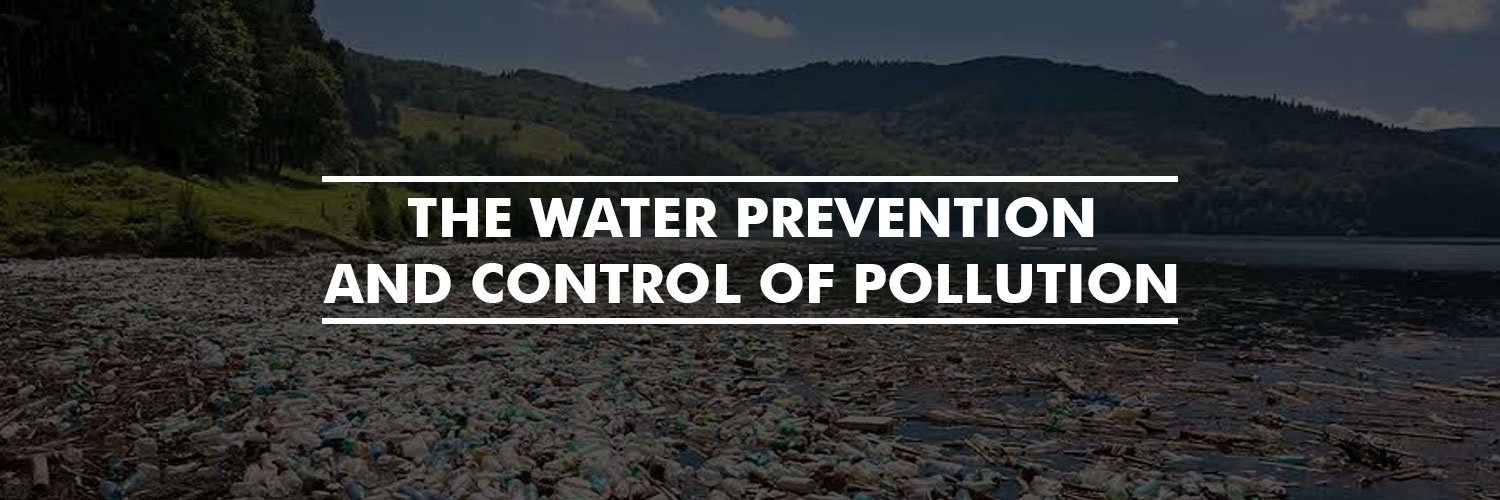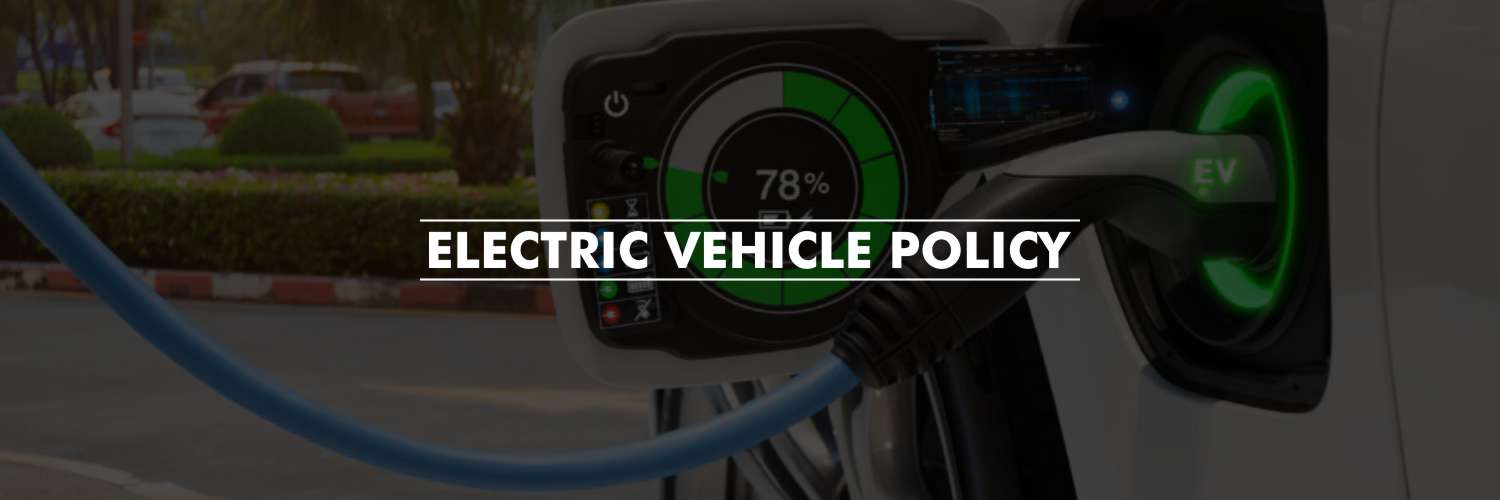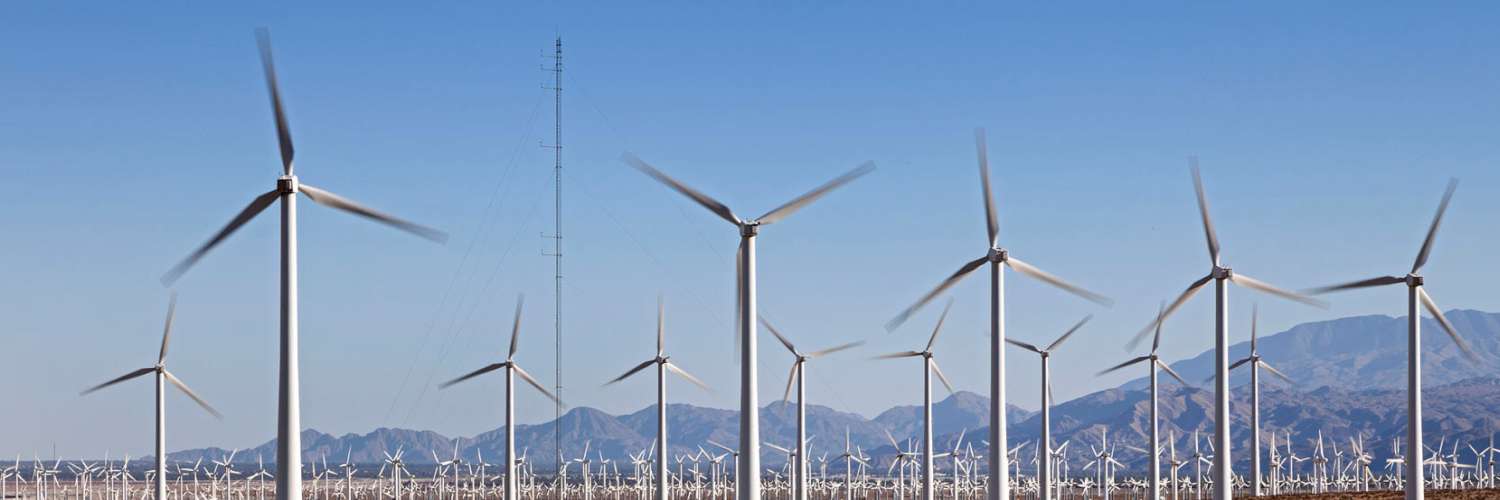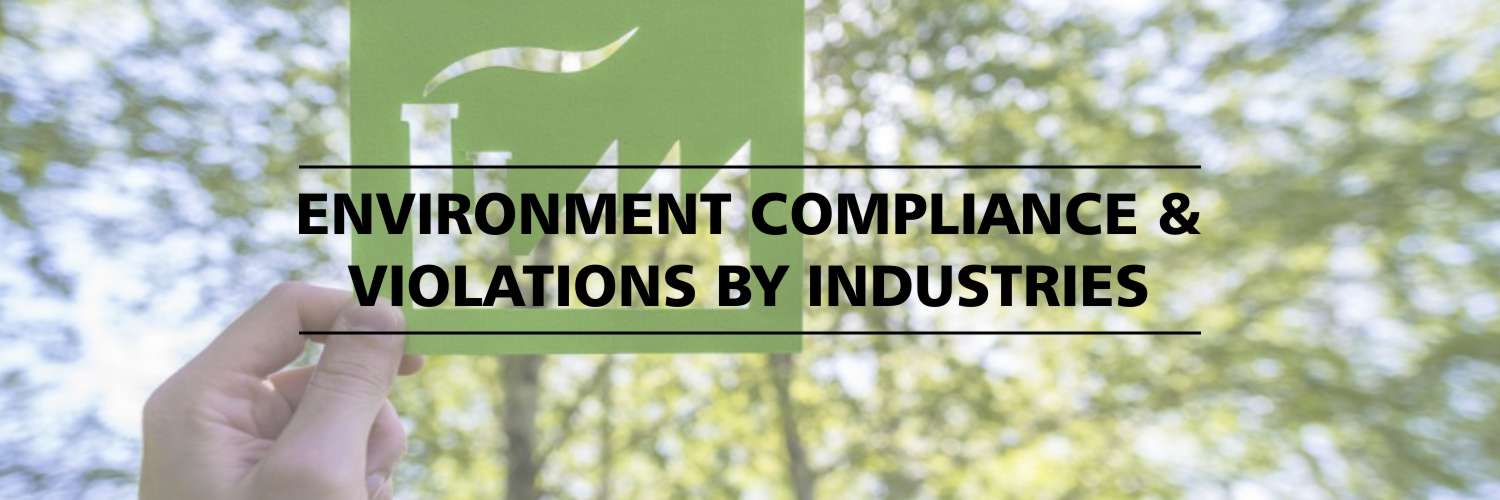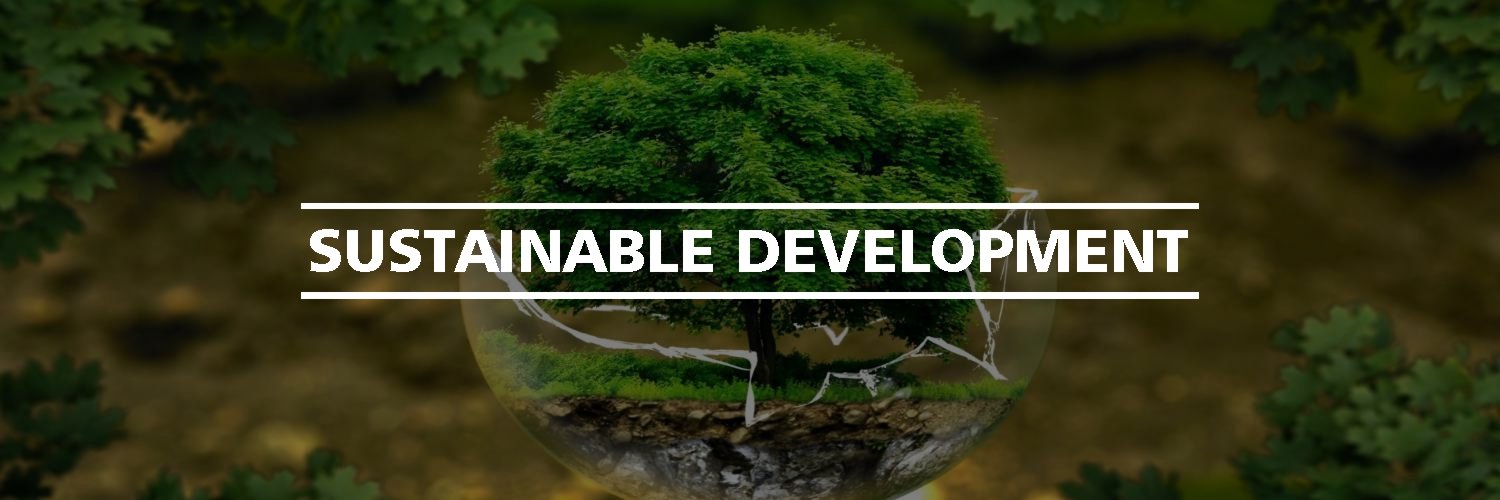Introduction:
Water, being a state subject, the parliament can exercise the power to legislate on ‘water’ only under articles 249 and 252 of the constitution of India. Various states such as Assam, Bihar, Gujarat, Haryana, Himachal Pradesh, Jammu & Kashmir, Karnataka, Kerala, Madhya Pradesh, Rajasthan, Tripura and West-Bengal have passed a resolution in confirmation to article 252(1) of the Constitution of India that all the matter relating to prevention and control of water pollution should be regulated by the parliament by law.
Objective:
This specialized legislative measure is meant to tackle one face of environment pollution. The fundamental objective of the water act is to provide clean drinking water to the citizens and main objectives are:
a) It provides that water pollution in any way be prevented and controlled. It also provides that water must be restored and maintained for future use.
b) It provides for the establishment of central and state boards for the prevention and control of water pollution.
c) It provides powers and functions to the board so constituted relating to matters of water pollution
d) To provide penalties for the contravention of the provisions of the water act.
e) It also provides for the establishment of Central and State level water testing labs so that the boards constituted may assess the extent of pollution.
What is Pollution?
Pollution in regard to water pollution means:
- Impurity of water
- Change in the physical, chemical and biological properties of water
- Release of any sewage or trade effluents or any other form of substance into the water.
It is also to be noted that such pollution must have caused some kind of nuisance or renders such water harmful or injurious to public health or safety or for domestic, commercial or industrial use or is also injurious to the life and health of animals or plants.
Major Functions and powers of Central Board:
- It advises the Central Government on the matter relating to water pollution and its control.
- It also supervises the activities of the State Board and also resolves the disputes among them if any.
- It also provides technical guidance and assistance to the State Boards.
- It carries out and also sponsors the investigations to be made by the state boards so constituted.
- It also has the power to provide training to the persons engaged in conducting investigations and are also engaged in the programmes related to the prevention of water pollution and its control.
- Aware of the general public regarding anti-water pollution techniques with the help of mass media.
- It also collects the statistical data and analyzes the data so collected. After doing so, it publishes the data for general public information.
Major Functions and powers of the State Board:
- It plans for the comprehensive programme for the prevention of water pollution and its control.
- It also advises the state government on the matters relating to water pollution and its control.
- It conducts investigations relating to water pollution on a regular basis.
- It also has the power to collaborate with the Central Board in conducting training programmes or the persons engaged in programmes relating to the prevention of water pollution and its control.
- It also lays down the standards of treatment of sewage.
Conclusion
The legislation relating to water pollution and its control provides a comprehensive strategy of resolving the problem of water pollution. It also holds authorities responsible and accountable for the prevention of water pollution and its control.
